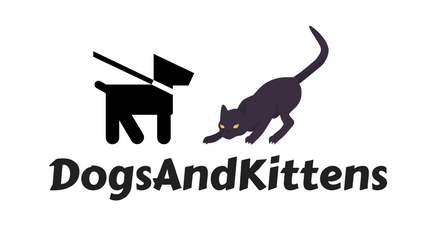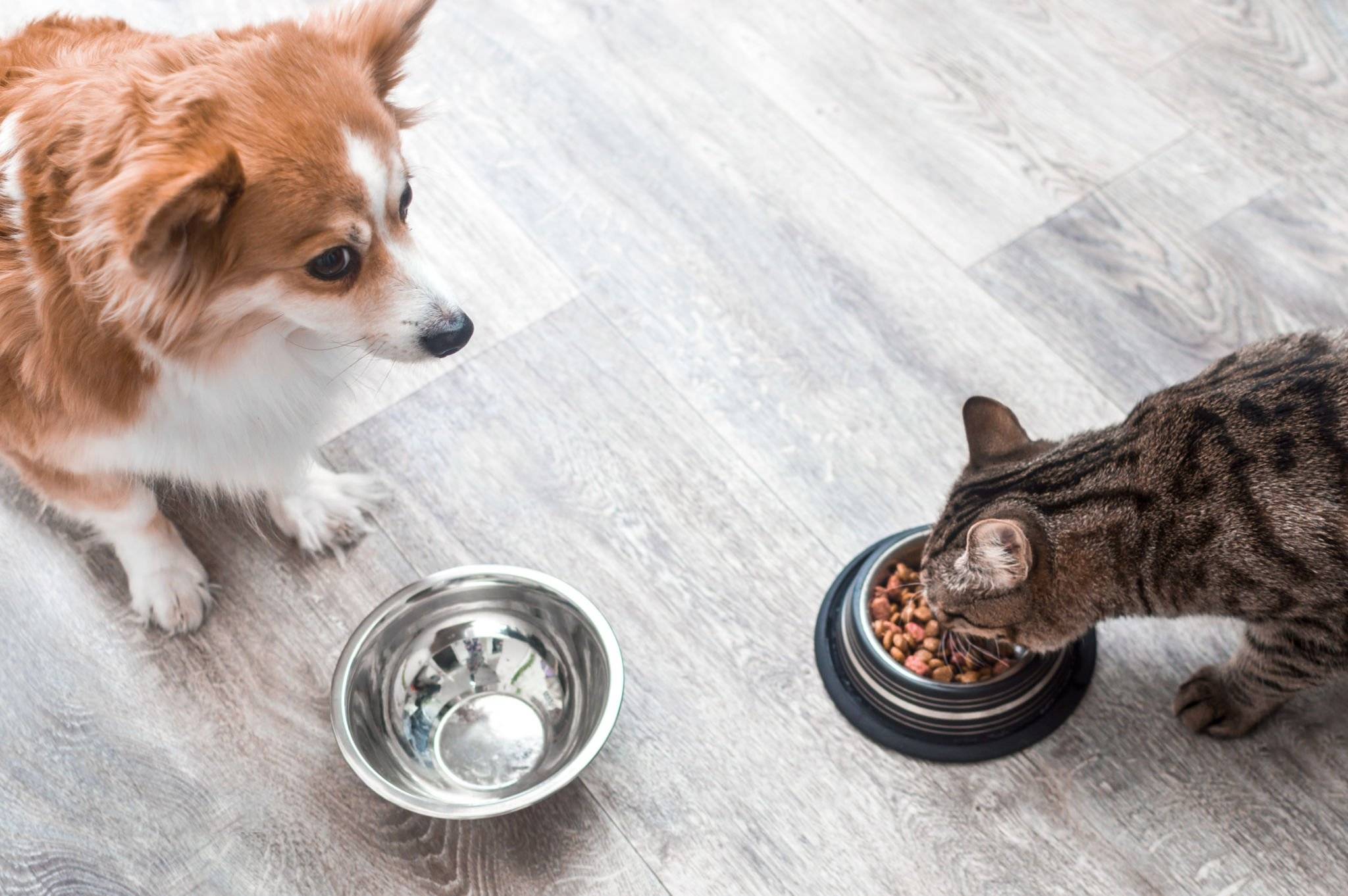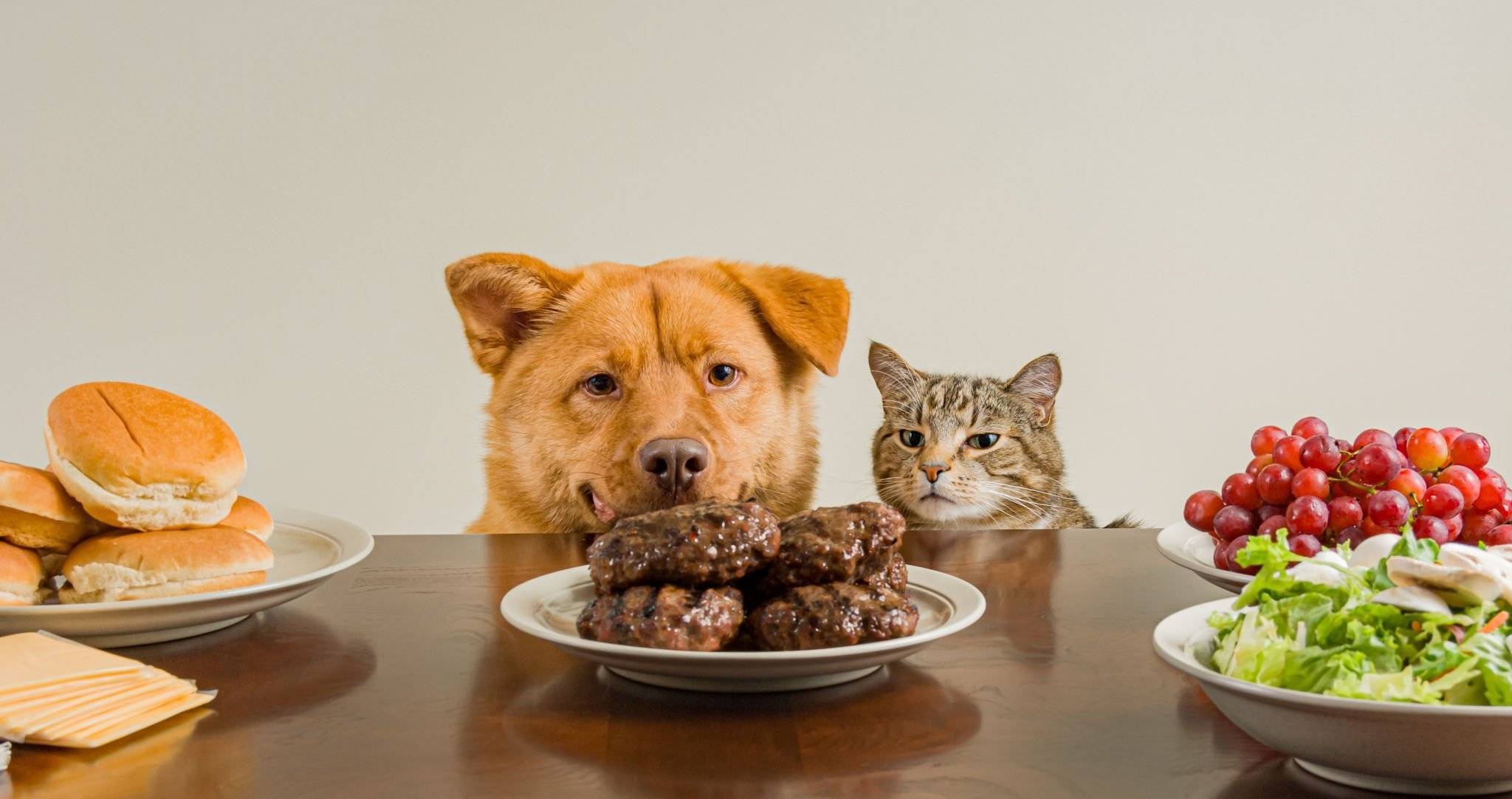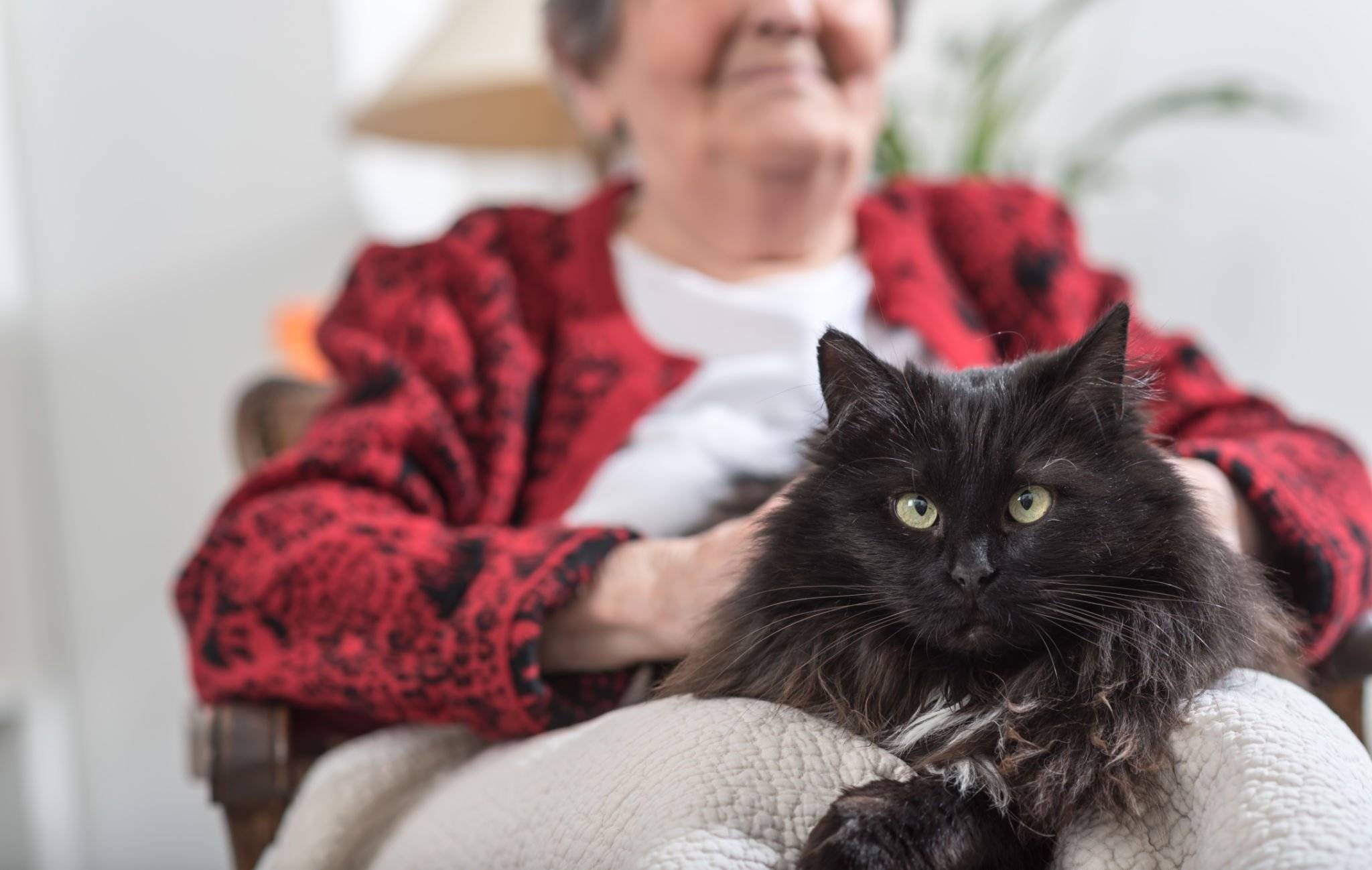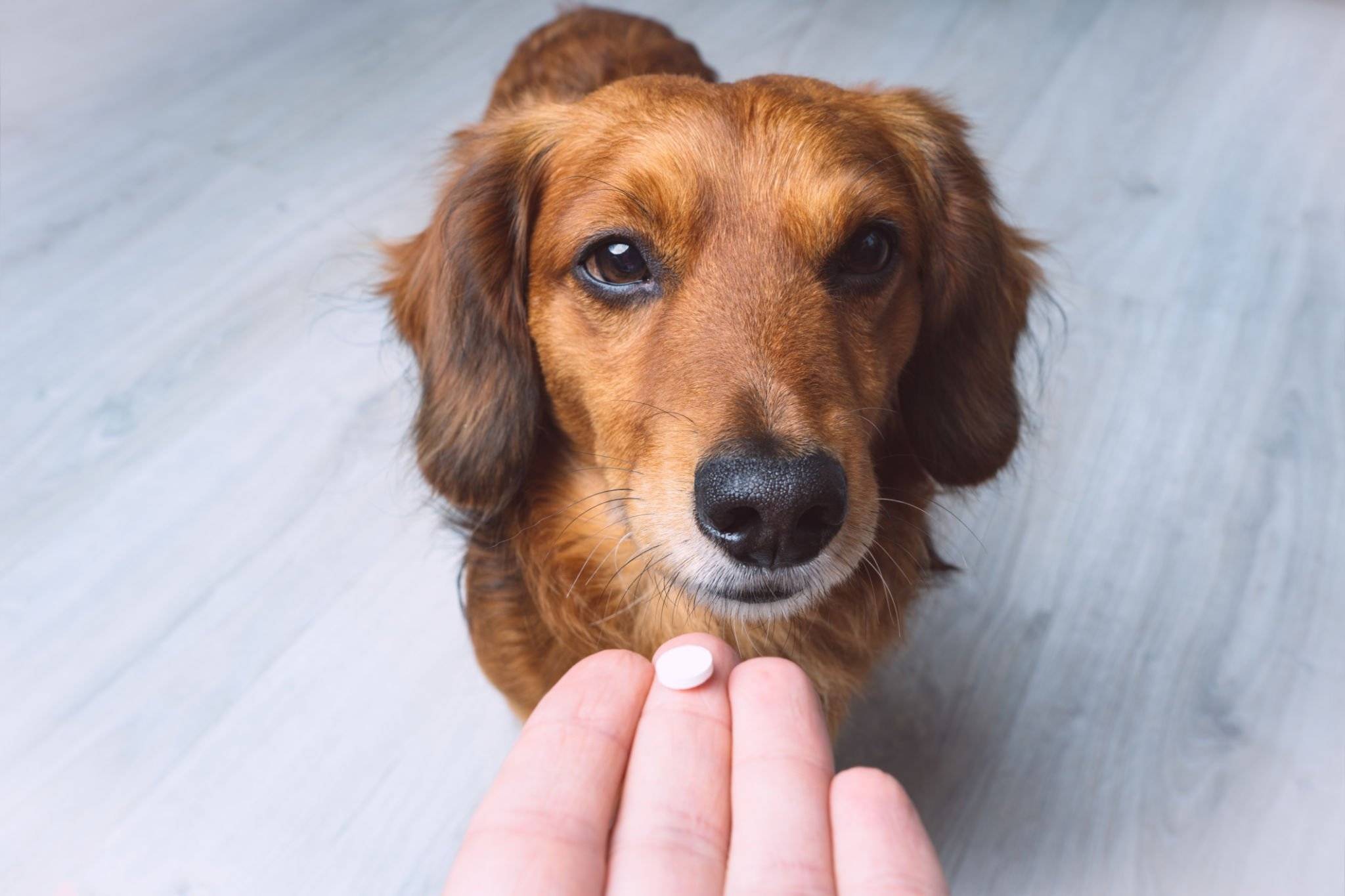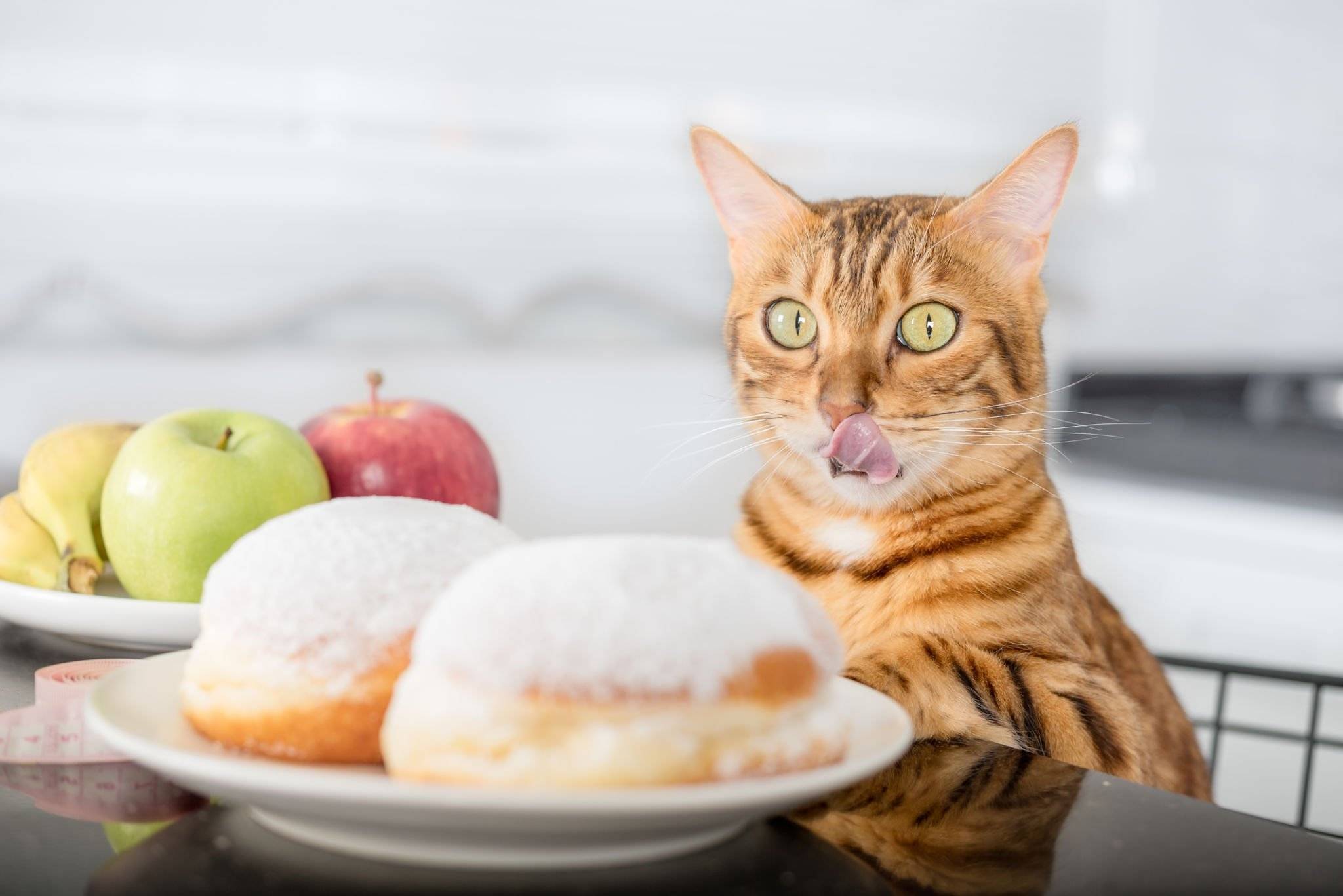
What is Xylitol Poisoning in Dogs?
Xylitol is a sugar substitute commonly used in various products and foods for human consumption. However, for dogs, ingesting xylitol can be extremely dangerous. Xylitol is a sugar alcohol found naturally in some fruits and vegetables, but commercially, it is often derived from corn fiber or birch trees.
When dogs consume products containing xylitol, such as sugar-free gum or candies, it triggers a rapid release of insulin, causing a sudden drop in blood sugar levels (hypoglycemia). This can lead to a range of symptoms, including vomiting, weakness, tremors, seizures, and even liver failure.
Continue reading Xylitol poisoning in dogs